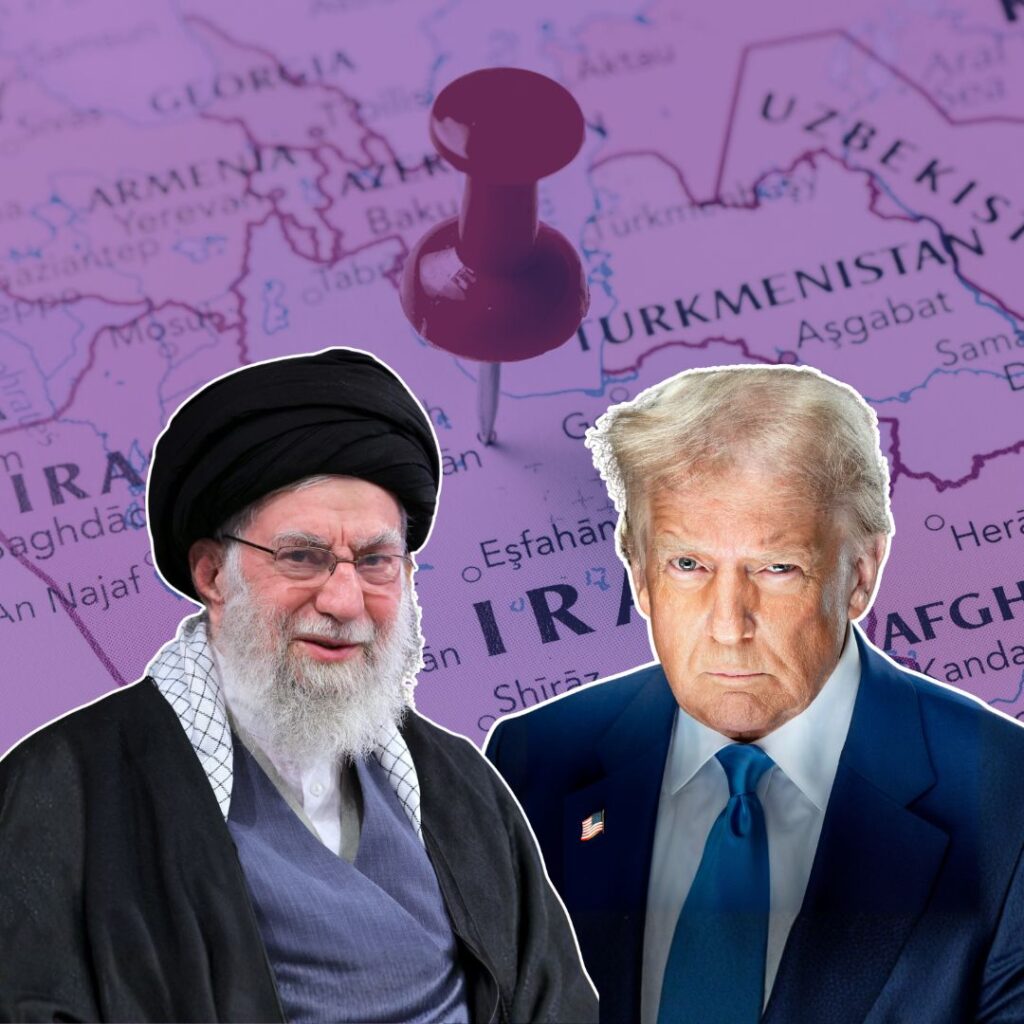At The Dialogue’s 3rd Annual International Conference on Competition Law in the Digital Age held in New Delhi on August 8, experts highlighted the need for India’s competition policy to balance innovation with the country’s broader economic goals.
Scholars and legal experts emphasised that competition frameworks must evolve to support emerging technologies like AI while promoting a level playing field for small and medium enterprises (MSMEs). Discussions stressed strengthening enforcement capacities of the Competition Commission of India (CCI) and adopting flexible regulations to foster growth, consumer welfare, and global trade resilience.
India’s Current Competitive Landscape: Strengths and Challenges
India’s rising status as a global innovation hub is reflected in its 39th position among 133 economies on the Global Innovation Index (GII), making it a leading lower-middle-income country in innovation-led transformation. It also ranks 40th on the Global Competitiveness Index and 39th on the World Competitiveness Index (IMD ranking), signaling steady progress in economic performance.
However, India’s placement at 63rd for Ease of Doing Business indicates room for improvement in regulatory efficiency and business-friendly policies. As Member of Parliament Sasmit Patra noted, “India is fast becoming a global hub for cross-border capital investment, driven by a digitally integrated, innovation-led economy. Considering that MSMEs form the backbone of this transformation, it is important to leverage digital platforms and supportive policies to enhance competitiveness, streamline market access, and expand global reach.”
“A forward-looking competition policy framework that promotes interoperability and cross-border regulatory coherence is the need of the hour. It would help ensure a level playing field for domestic enterprises and smaller players, helping India emerge as a key player in shaping inclusive and resilient digital trade ecosystems,” he said further.
The Dialogue’s Roadmap for Growth
Experts at the conference advocated for a balanced approach to competition policy that supports innovation without stifling entrepreneurial spirit. They critiqued international regulatory frameworks like the EU’s Digital Markets Act for their slow, burdensome processes and ambiguous rules, cautioning against adopting such models without adaptations.
Instead, they recommended forward-looking, ex-ante competition policies tailored to India’s unique market context. Recent amendments to the Competition Act, including settlement mechanisms and deal value thresholds, were lauded, but experts emphasised strengthening the CCI’s capacity, especially in emerging sectors like artificial intelligence.
Shruti Hiremath of Clifford Chance highlighted India’s distinctive strategy of empowering markets through open, interoperable digital infrastructure rather than heavy-handed regulation. This approach could set an example globally by promoting fairness and access rather than exclusion.
The conference also underscored the growing geopolitical significance of competition laws and encouraged India’s proactive engagement in global forums such as the G20, OECD, and WTO to help shape international economic rules consistent with its innovation-led growth ambitions.
The Logical Indian’s Perspective
India stands at a pivotal juncture between emerging as a global innovation powerhouse and addressing regulatory bottlenecks in competition enforcement. At The Logical Indian, we champion policies that nurture innovation with empathy, inclusion, and fairness. Balancing growth with regulatory clarity and supporting MSMEs through robust digital infrastructure can unlock India’s true potential.











